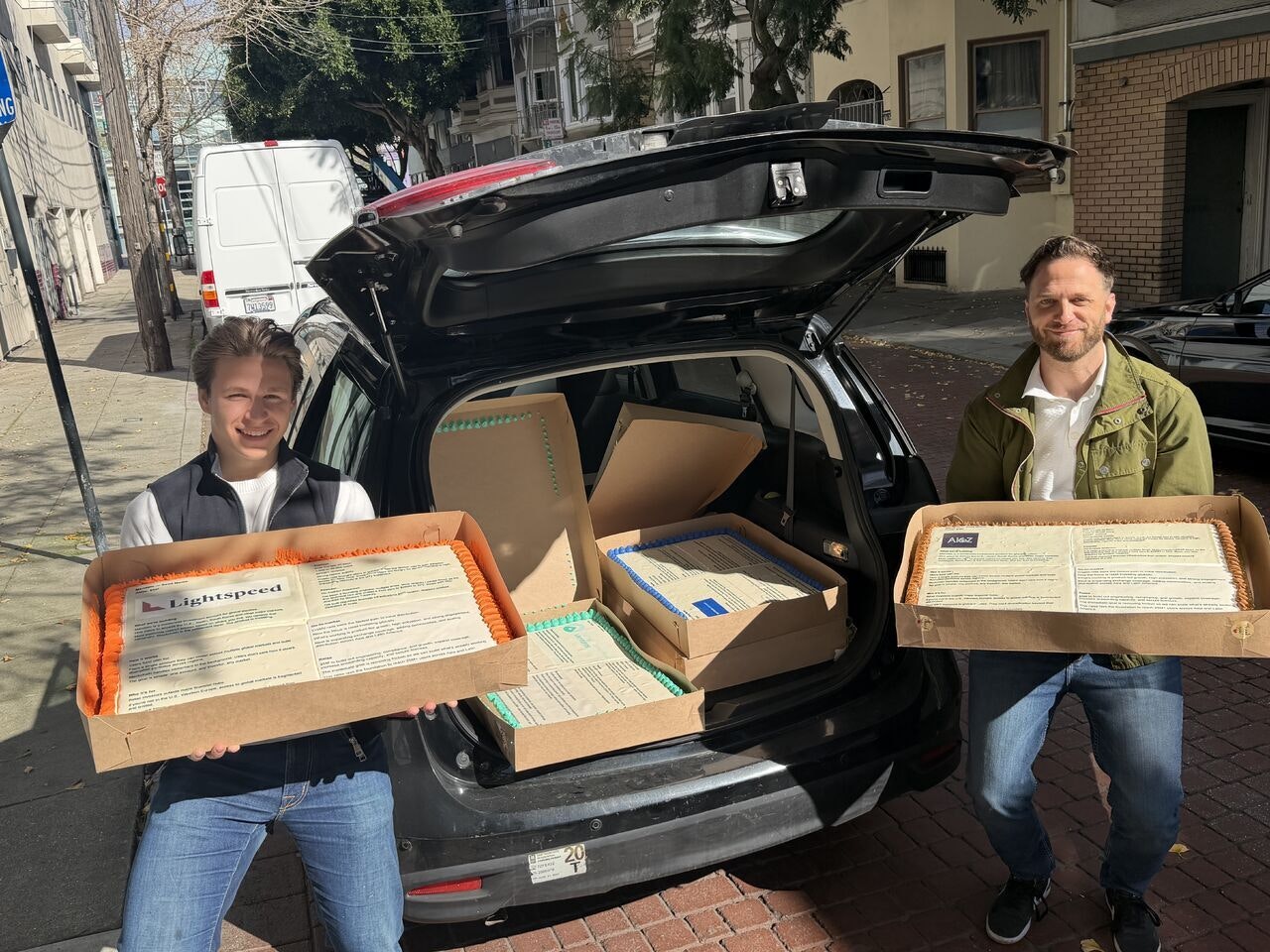The digital nomad trend has taken off since the pandemic ushered in a new era of remote work. Europe is now awash with digital nomad villages and employees logging in from beachside bliss, Italian lakes and even a freezing island in Norway.
Digital nomad housing platform Flatio has answered all of that in a new report looking at the state of digital nomadism in 2023, based on survey responses from more than 1,200 digital nomads around the world. Here are the key takeaways.
Sun and sea remain popular digital nomad destinations
Over a quarter of respondents (27.1%) said Portugal was their preferred destination. It stood far ahead of the other European destinations in the top 10 — Spain (8.6%), Madeira (3.9%), Germany (3.5%) and Romania (2.8%).
Interest in Spain as a digital nomad destination could be on the rise — 14.5% of respondents placed it as their most-desired destination to visit next. It was closely followed by Madeira, with 13.3%.
When choosing a destination, 46.6% of respondents said cost was the factor they considered most. That was ahead of sunshine (15%) and safety (12%). Wi-fi quality (9.4%) and good healthcare (6.1%) were next.
How much do digital nomads earn?
The most common salary bracket of digital nomads was €41k-50k (15.7%), followed by €31k-40k (14.5%). Only 8.8% of respondents earned more than €100k.
Around a quarter (25.3%) of respondents said you needed to earn between €3,000 and €3,900 a month to be a digital nomad, while 23.2% said you needed to earn between €2,000 and €2,900. 13.7% of respondents said you could get by earning between €1,000 and €1,900 a month.
Brits and Americans fleeing their homelands
UK nationals made up 12.3% of digital nomads, topped only by Americans, who made up 37.4%. In Europe digital nomads also came from Germany (5.6%), Austria (4%) and France (3%). Fewer than 2% came from Portugal and Italy each.
More than half (52.6%) of respondents were aged between 30-39, 22.4% between 18-29 and 19.7% between the ages of 40-49. Only 0.9% were over 60.
Digital nomads and their bugbears
The digital nomad lifestyle isn't without its frustrations. 39.8% said the biggest frustration was finding accommodation, while 23.2% said it was finding friends or meeting people.
Administrative tasks like tax issues, healthcare and visas made up the rest of the top five frustrations.
Keeping it in the family
While 43.4% of digital nomads travel alone, the rest travel with partners, family, other nomads or friends. While for some taking children abroad makes travelling more complicated, 17.5% of people travel with their family.
This is part of a wider trend of parents taking their kids on family workations — taking advantage of working abroad and enjoying what travel has to offer.
Digital nomad visas — yay or nay?
The majority of people had, or are had applied for, a digital nomad visa, but 44.2% got by without one.
61.5% of digital nomads thought these visas were beneficial, compared to only 7% of respondents who thought they weren't. Others thought these schemes either needed work (15%) or were unclear about how beneficial they were (15.1%).
Spain approved its digital nomad visa in 2022 and offers an initial one-year visa for remote workers. More than half (58.8%) of those surveyed by Flatio thought the Spanish digital nomad visa is beneficial and around 10% thought it needed work.
Airbnb is the top place for finding accommodation
Most digital nomads used Airbnb to find their accommodation abroad (20.8%), followed by Booking.com (17.4%). Others used Facebook groups, local estate agents or rental websites like Spotahome and Flatio.
They tended to stay in private apartments (34.7%) or hotels (33.8%), with 11.5% of nomads opting for a private room and 7.8% a hostel — 4.9% stayed with friends.
A quarter of respondents said that accommodation typically cost €501-700 per month. Around 20% of people said they paid less than that — between €301-500 — and 18% said they paid between €701 and €900.



